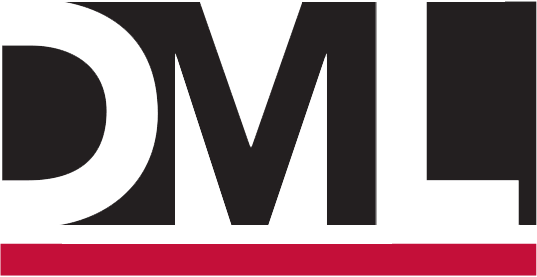What They Never Taught You in School About Substance Use and Addiction; and What to Do About It
Workshop
Description
In healthcare, even if a clinician is not interested in treating substance use disorders, such patients and clients will present for care anyway disguised as family problems, depression, anxiety and with a variety of other symptoms.
The training will cover basic information about substance use and addiction and how to assess and intervene. The ASAM Criteria: Treatment Criteria for Addictive, Substance-Related, and Co-Occurring Conditions will help participants understand how levels of substance use disorder treatment are determined; and what state-of-the-art addiction treatment is.
Physicians and other clinicians have often not had the training in undergraduate or graduate school concerning addiction assessment and treatment. This presentation is designed to increase clinicians’ awareness about their attitudes towards addiction; key concepts in addiction; the clinical dilemmas in identifying, assessing and treating addiction.
Reference will also be made to the American Society of Addiction Medicine’ Criteria (The ASAM Criteria, 2013) and its multidimensional assessment dimensions to better provide whole person care and target and focus care in a person-centered manner.
Objectives
Identify attitudes about use, hazardous use and addictive use of psychoactive substances and addictive behaviors that can interfere with assessment and treatment of addiction.
Review key concepts about addiction and screening and diagnostic strategies to identify and determine treatment options and interventions for clients.
Apply The ASAM Criteria as a multidimensional assessment model for a common language that enhances a biopsychosocial, holistic, person-centered approach to assessment and treatment.
Apply models of change and strategies to deal engage clients in collaborative care.
Workshop Agenda
9:00 AM A. Attitudes about Use, Addictive Use and Addiction
Lack of training not a neutral experience
Personal and professional experience influences identification and treatment
Need to improve clinical skills
B. Key Concepts about Addiction, especially Opioid Use Disorder
Biopsychosocial disorder; denial; family disease; process of treatment
Individual variability
10:30 AM Break
10:45 AM C. Screening and Diagnostic Strategies and Techniques
Assessment issues and questions to ask
Barriers to accurate data collection
12 Noon Lunch
E. Underlying Concepts of Focused, Targeted Treatment
ASAM Criteria multidimensional assessment
Individualized treatment
F. Engaging the Client in Treatment
Readiness to Change and What the Client Wants
Stages of Change and motivational strategies
2:30 PM Break
2:45 PM G. Systems Issues
What needs to happen to improve services for addiction and especially the opioid crisis
What are low hanging fruit and first steps for impacting addiction
4:00 PM Adjourn
